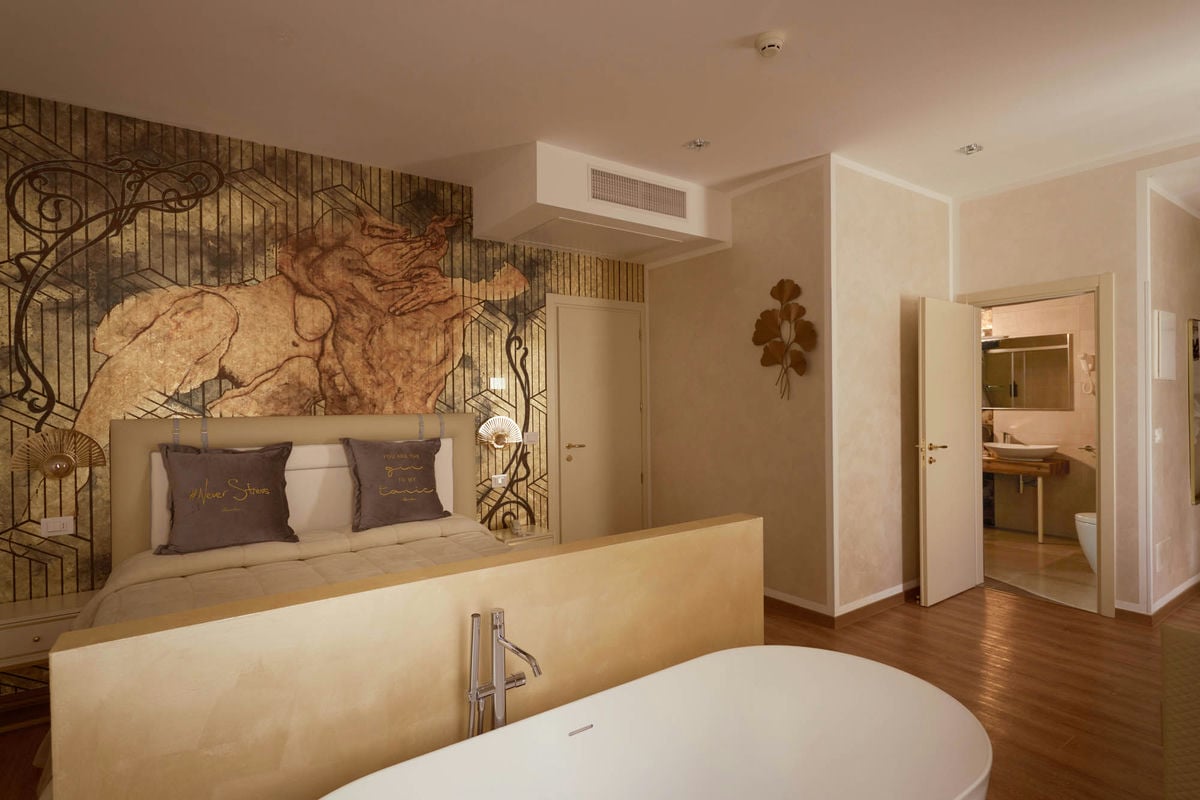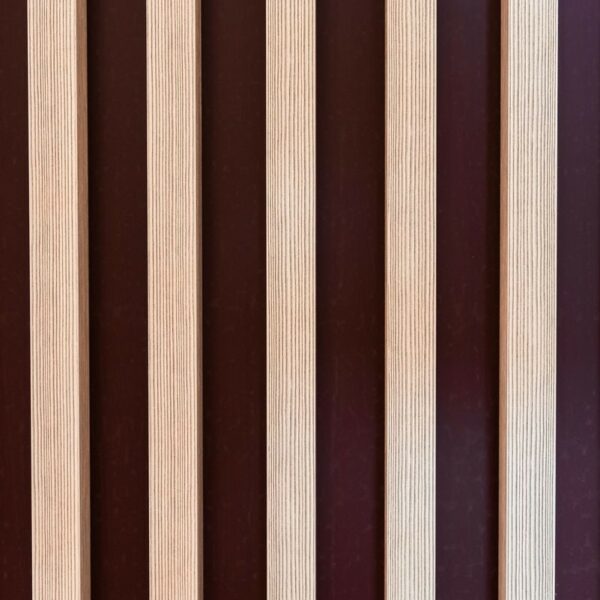In the world of design, colors play a vital role in influencing emotions, perceptions, and the experience of spaces. Beyond aesthetics, colors can also have a significant impact on the functionality and efficiency of designs. In this article, we explore the power of color and how to use color psychology to enhance your designs.
1. Color Psycology
Color psychology studies how colors influence human behavior and emotions. Each color has its own energy and associated meaning, and can evoke feelings of calm, happiness, tranquility, or excitement. Understanding these effects can help create spaces that meet the needs and preferences of the occupants.
2. Neutral colors for a feeling of spaciousness
Neutral colors like white, beige, and gray are often used to create a feeling of spaciousness and light. These colors reflect light and can visually open up spaces, making them ideal for spaces like entryways, hallways, and waiting rooms.

3. Warm colors for a welcoming atmosphere
Warm colors like red, orange, and yellow can add warmth and vitality to spaces. These colors are often used in common areas like meeting rooms, dining rooms, and lounge areas to create a cozy and inviting atmosphere.
4. Cool colors for a feeling of serenity
Cool colors like blue, green, and purple can promote a sense of serenity and relaxation. These colors are ideal for spaces dedicated to rest and well-being, such as bedrooms, bathrooms, and relaxation rooms.

5. Color Accents for Focal Points
Using color accents in strategic focal points can add visual interest and dynamism to spaces. For example, a colorful wall, vibrant furniture, or artwork can draw attention and create a unique and memorable atmosphere.
6. Practical Considerations
In addition to aesthetics, it is also important to consider practical considerations when selecting colors. For example, light colors can help reflect natural light and reduce the need for artificial lighting, thus helping to reduce energy costs. Color is a powerful tool for creating engaging and memorable experiences in building spaces. By using color psychology effectively, you can enhance the aesthetics, functionality, and overall experience of your spaces. Take advantage of the power of color in your next project to create spaces that inspire, comfort, and fulfill the needs of your occupants.

